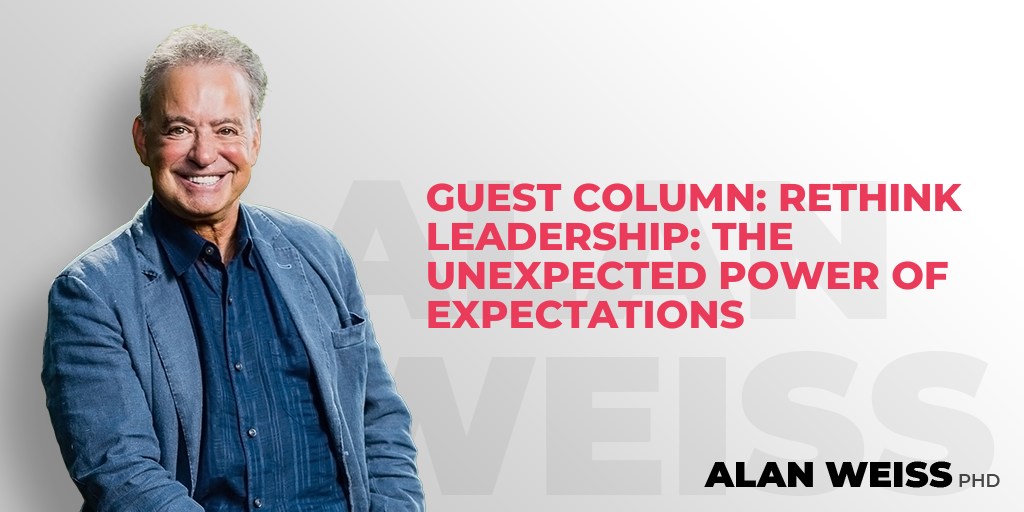Guest Column: Banish The Smug Voice Telling You You’re An Imposter
Banish the Smug Voice Telling You You’re an Impostor
By Susan Trivers
Have you ever tried affirmations to help you get through a challenging situation? You say “I am smart, I am knowledgeable, I am successful” before going to see a client or giving a speech. Before the last syllable has left your mouth that smug voice in your head pipes up with “Do you really believe all that? Aren’t you afraid they’ll find out you’re an impostor, a wanna-be?” The problem with affirmations is that they have no substance. They’re puffs of air, wisps of wishes, evaporating as soon as they’re formed.
I’ve been thinking about this since reading Daniel Pink’s book To Sell is Human. He offers the technique of ‘Buoyancy’ by which he means maintaining consistent energy and willingness to eagerly and confidently make phone calls, request referrals, meet as a peer with buyers and close business on terms that are favorable to both you and your client.
Pink refers to social science research that has proven that we need interrogative self-talk, instead of affirmations, to give ourselves a lift. He suggests that when we need a confidence-builder we should ask ourselves “Can I do it?” The theory is that this question will elicit self-talk that reminds you about your track record of success.
I am troubled by this question. It is a classic closed-ended question which may be answered by a simple yes or no. If that’s where we end our self-interrogation, I don’t think we’re any better off than we would be with affirmations.
I suggest that instead we ask ourselves this open-ended question: “How can I do this?” The presumption is that you can do it and takes you further into articulating steps that will make the outcome likely. Examples:
- I will start the conversation with pleasantries focused on the other person.
- I will ask probing questions in a tone that is friendly and curious.
- I will follow up points made by the other person with my own “Tell me more about that” until the other person has shared in depth.
- I will ask the other person about their personal objectives: “What would the successful completion of this initiative mean to you?”
- I will set a date and time for our next meeting or discussion.
With these and similar answers to the question “How can I do this?” you’ve created a simple list of actions that you’re already comfortable taking. When you follow this list in your mind, you’ll be a buoyant and successful professional.
Susan Trivers is the leading voice on growth and opportunity. She helps her clients find hidden opportunities that generate new profits from existing infrastructure and resources. http://www.susantrivers.com Twitter @speakandgrowbiz







Dave Gardner
I love your perspective on affirmations and how you suggest we do better. Nice post. Thanks for sharing.
François Janssen
Excellent advice to shift from the ‘rah rah’ ‘I can do it’ nonsense to the down to earth question ‘How can I do it’. This question suggests indeed that it is possible to do it – even when you don’t have all the answers yet and there might be learning and some mild discomfort involved stepping out of the comfort zone. This question opens new ways and helps to forward anyone quickly into a better future.